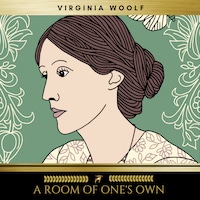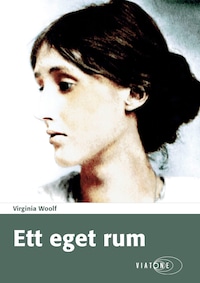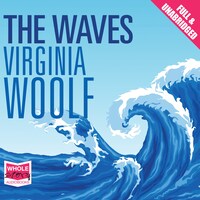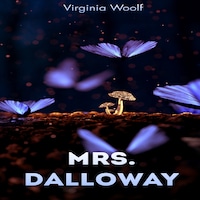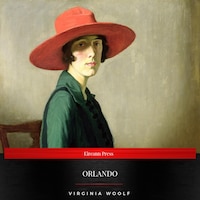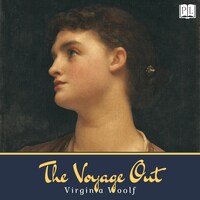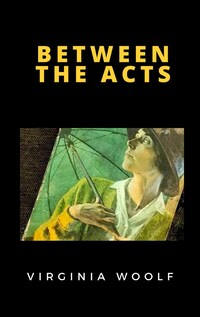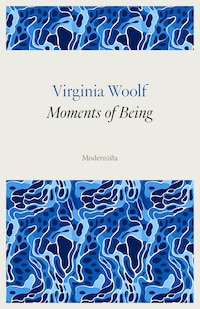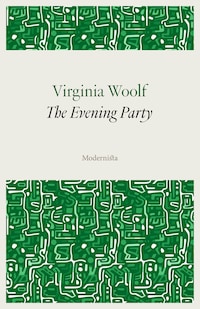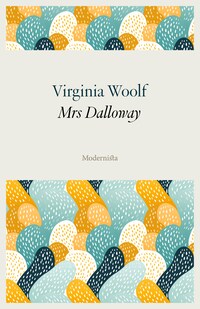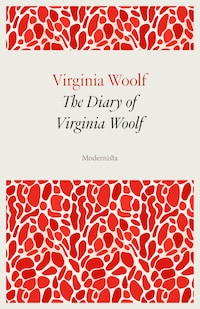THE WAVES
Exploring Consciousness and Identity through Experimental Prose
Description of the book
Virginia Woolf's "The Waves" is a groundbreaking exploration of consciousness and identity, woven together through a series of soliloquies delivered by six distinct characters. Renowned for its experimental style, this novel blurs the boundaries between narrative and poetry, employing a stream-of-consciousness technique that invites readers to immerse themselves in the lyrical flow of thought. Set against the backdrop of early 20th-century England, it reflects the complex interplay of individual experiences and societal expectations, revealing how the passage of time shapes our understanding of self and others. Woolf, a central figure in modernist literature, drew from her own experiences and struggles to create this intricate tapestry of human emotion. Influenced by her observations of the Bloomsbury Group, as well as her reflections on gender and the fluidity of identity, Woolf's personal challenges with mental health and her insights into the nature of existence influenced her innovative narrative style and thematic preoccupations. "The Waves" stands as a testament to her literary genius and her quest to capture the fragmentation of modern life. This profound work is highly recommended for readers seeking to engage with the intricacies of human thought and emotional depth. With its rich symbolism and rhythmic prose, "The Waves" not only challenges conventional storytelling but also provides a timeless meditation on the nature of reality and inner life, making it essential reading for anyone invested in the evolution of modern literature.
 Virginia Woolf
Virginia Woolf 260 Pages
260 PagesThe book THE WAVES and over 1 million other books
from £10.99/month
Fill your life with stories


